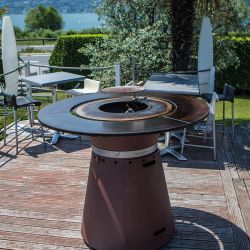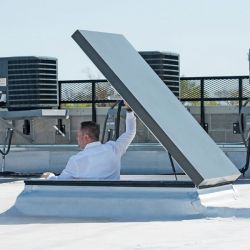A will written in a language that its author does not understand, even by a notary assisted by an interpreter and in front of witnesses, is not valid, especially since it is permitted to write it in any language.
Selection of products
To read also
-
 Notre-Dame-des-Landes: justice rejects Vinci who claimed 1,6 billion euros from the State
Notre-Dame-des-Landes: justice rejects Vinci who claimed 1,6 billion euros from the State
-
 Revolving door in real estate: a former Parisian deputy sentenced
Revolving door in real estate: a former Parisian deputy sentenced
-
 Motorway companies rejected in an appeal against the State
Motorway companies rejected in an appeal against the State
-
 Misappropriation of public funds: two years suspended for the former director of a mixed economy company in Marseille
Misappropriation of public funds: two years suspended for the former director of a mixed economy company in Marseille
-
 False Vinci press release: definitive condemnation for the Bloomberg agency
False Vinci press release: definitive condemnation for the Bloomberg agency
-
 In Corsica, convicted for destruction of protected turtles, a contractor authorized to resume his site
In Corsica, convicted for destruction of protected turtles, a contractor authorized to resume his site
-
 In the Alpes-de-Haute-Provence, two environmental activists sentenced to suspended fines
In the Alpes-de-Haute-Provence, two environmental activists sentenced to suspended fines
-
 The real estate developer who contested the rejection of his offer to purchase the Grignon estate rejected
The real estate developer who contested the rejection of his offer to purchase the Grignon estate rejected
Popular News
-
 Old property prices are still falling but a recovery is taking shape
Old property prices are still falling but a recovery is taking shape
-
 A report on anticipating the effects of +4°C warming reaffirms the need for housing adaptation
A report on anticipating the effects of +4°C warming reaffirms the need for housing adaptation
-
 AI is already revolutionizing businesses in architecture, engineering, construction... according to Autodesk's "State of Design & Make" study
AI is already revolutionizing businesses in architecture, engineering, construction... according to Autodesk's "State of Design & Make" study
-
 The slowdown in the decline in mortgage rates continues
The slowdown in the decline in mortgage rates continues










